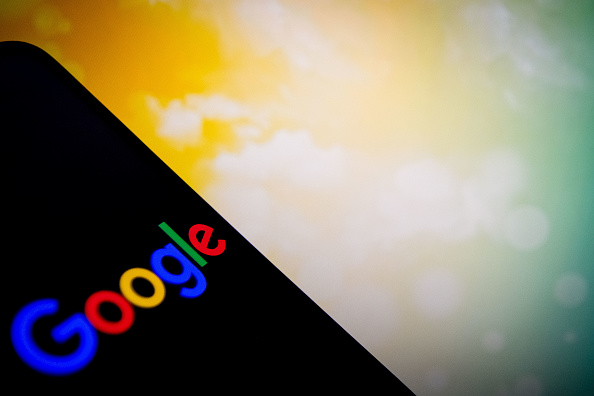The takeaways
- Google is now labelling its image search results with fact check markers.
- Publishers can submit fact-checked images to Google’s ClaimReview, which will assess them against Google’s own criteria.
- The rollout contributes to this year’s rise in fact-checking measures on tech platforms.
What happened?
Yesterday, acknowledging that “there are questions surrounding the origin, authenticity or context of an image”, Google announced the immediate implementation of new fact check markers to Google Image search results. The markers will make users aware of what each image actually represents via a verified summary of the related webpage. The summary is accessible by clicking the image thumbnail to view it in a larger size.
The fact-checking tool can now be used by publishers themselves to tag fact-checked images in Google’s ClaimReview, which notifies search engines that an image has been verified. In the blog post, author Harris Cohen, Google’s Group Product Manager, Search, explained that the labels appear on results that meet Google’s criteria for “independent, authoritative sources” online.
The rise of fact-checking
Google’s announcement acknowledges the risks in disseminating visual information without fact-checking, though it has created the tools for third parties to do so, rather than implement a direct moderation policy. The company has also begun contributing to research into ‘deepfakes’, as has the likes of Facebook.
Since Twitter added two fact check labels to tweets by US President Donald Trump, fact-checking has gained increased prominence in the ongoing political debate concerning Big Tech. Much of the debate centers on bias, misinformation and the liability for social platforms regarding the hosting and moderation of third-party content, including unchecked facts. On Thursday, the Senate Judiciary Committee will mark up the bipartisan EARN It Act, a proposal intended to partially roll back the legislature of Section 230, which provides online platforms with protections against user content.









